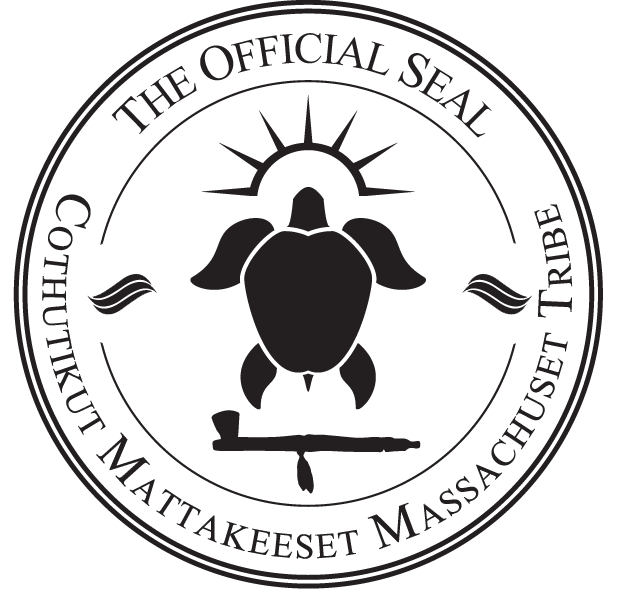United Nations Declaration on the Rights of Indigenous Peoples (UNDRIP)
The United Nations Declaration on the Rights of Indigenous Peoples (UNDRIP) was adopted by the General Assembly on Thursday, 13 September 2007, by a majority of 144 states in favour, 4 votes against (Australia, Canada, New Zealand and the United States) and 11 abstentions (Azerbaijan, Bangladesh, Bhutan, Burundi, Colombia, Georgia, Kenya, Nigeria, Russian Federation, Samoa and Ukraine).
In May 2016 Canada officially removed its objector status to UNDRIP, almost a decade after it was adopted by the General Assembly. By now also the other 3 objectors have, to various degrees, turned their vote with the United states fully endorsing the UNDRIP and working on implementation with Tribes in the U.S.
While as a General Assembly Declaration it is not a legally binding instrument under international law according to a UN press release, it does "represent the dynamic development of international legal norms and it reflects the commitment of the UN's member states to move in certain directions"; the UN describes it as setting "an important standard for the treatment of indigenous peoples that will undoubtedly be a significant tool towards eliminating human rights violations against the planet's 370 million indigenous people and assisting them in combating discrimination and marginalization.
UNDRIP codifies "Indigenous historical grievances, contemporary challenges and socio-economic, political and cultural aspirations" and is the "culmination of generations-long efforts by Indigenous organizations to get international attention, to secure recognition for their aspirations, and to generate support for their political agendas. Canada Research Chair and faculty member at the University of Saskatchewan, Ken Coates, argues that UNDRIP resonates powerfully with Indigenous peoples, while national governments have not yet fully understood its impact.
IS THE U.S. FULFILLING THE RIGHTS OF INDIGENOUS PEOPLES?
Right to Self-determination
Self-determination is the right of indigenous Peoples to freely determine their political status, and freely pursue their economic, social, and cultural development like all other peoples. Native Americans’ right to self-determination was established early in U.S. history, when the government began making treaties with Indian nations,23 recognizing that Native tribes were sovereign nations.24 However, the Supreme Court made many rulings and Congress has passed laws failing to properly recognize Indian nations’ sovereignty. A 1903 Court ruling gave Congress the power to change or nullify treaties, to limit tribal jurisdiction, and to impose federal and state requirements upon the governments of Indian Tribes without Indian consent.25 This power continues to be used today.26,27 Federal recognition is necessary for tribal self-determination. With it, tribes have a right to the government-to-government relationship that allows them some control in federal decisions about their affairs.28 Between 1954 and 1962, Congress revoked recognition of 109 Indian nations, leaving them severely disadvantaged and has since restored only a few.29 There are still many tribes seeking federal recognition.30, 31 Native Americans’ limited control of their monetary and environmental resources also violates the right to self-determination. In 1996, Native Americans brought suit against the U.S. government for mismanaging billions of dollars of Individual Indian Money accounts for 300,000 Native Americans, and many tribes have similar group claims.32 Such failings have led some to call for more tribal control of lands held in trust for them by the U.S. government and of the money deriving from this land’s lease and resource production.34 Existing federal statutes which allow such tribal control are not enforced by the Bureau of Indian Affairs.
ADDITIONAL RESOURCES
NCAI is critcial to ensuring the health and well being of native people within the United States
U.S. announcement from President Obama on how the U.S. plans to support the UNDRIP
Downloadable pdf of the UNDRIP, A MUST READ!!!!
Parliamentarian Handbook on Rights of Indigenous Peoples
Implementing the United Nations Declaration on the Rights of Indigenous Peoples
United Nations Press Release (October 18, 2010)
OAS adopts new Declaration on the Rights of Indigenous Peoples

